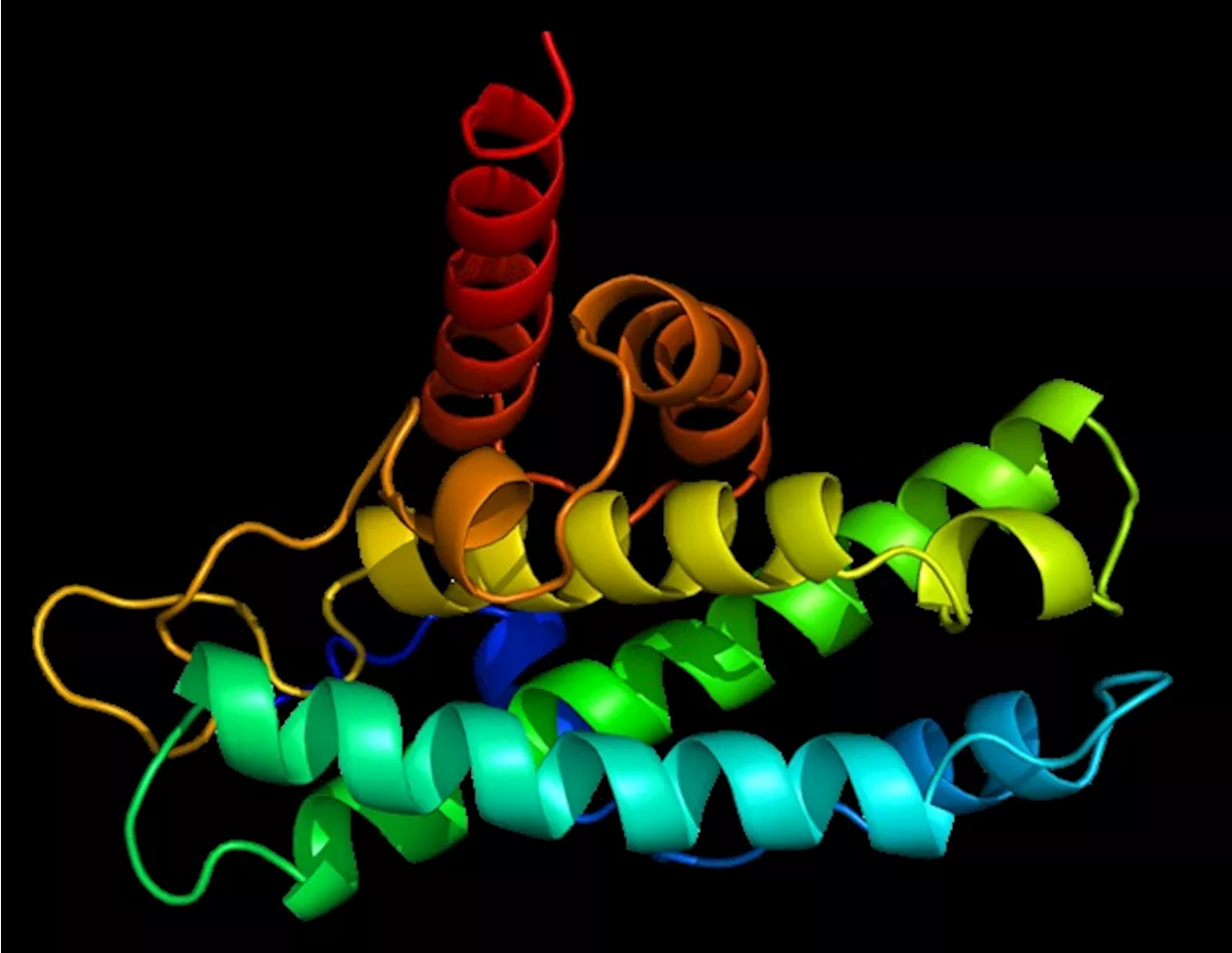Study highlights the strong association between nutrition, particularly malnutrition, and the risk and progression of Alzheimer's disease, emphasizing early dietary interventions as key to reducing AD's global burden.
By Hugo Francisco de SouzaMar 10 2024Reviewed by Susha Cheriyedath, M.Sc. In a recent cross-sectional study published in the journal Frontiers in Nutrition, researchers used data from 266 participants along the cognitive impairment spectrum to investigate the association between nutrition and cognitive decline.
Alzheimer's disease is the most common cognitive disorder associated with old age. It is a chronic, progressive disease characterized by initial mild memory loss, which eventually declines into severely debilitating dementia. It is caused by the deposition of specific proteins, which results in the loss of neural connections. Despite substantial research in the field, a cure for the condition remains elusive, with clinical interventions focused on symptom management and progression delay.
Between April 2019 and April 202, 946 participants with mild cognitive impairment or dementia due to AD without other neurological conditions relating to cognition and non-diet-based malnutrition were enrolled. Of these, 266 participants presented completed demographic and medical information and were included in the final analyses. These comprised 73 controls , 72 AD-MCI, and 121 AD-D samples.
Study findings The present study comprised 266 participants, 57.14% of whom were female, with a mean age of 64.89 years. Medical data revealed that 36.84% of participants carried the APOE ε4 allele, a common culprit in AD pathology. Body composition metrics showed that AD-D patients had, on average, substantially lower arm, waist, calf, and hip circumferences and lower BMIs compared to AD-MCI and NC cohorts.
United States Latest News, United States Headlines
Similar News:You can also read news stories similar to this one that we have collected from other news sources.
 Nutrition labels lead to healthier eating in teens, study findsStudy finds that middle and high school students in Texas who use nutrition labels tend to have healthier eating habits, highlighting the importance of nutrition literacy in promoting better dietary choices among adolescents.
Nutrition labels lead to healthier eating in teens, study findsStudy finds that middle and high school students in Texas who use nutrition labels tend to have healthier eating habits, highlighting the importance of nutrition literacy in promoting better dietary choices among adolescents.
Read more »
 Unlocking Alzheimer's secrets: Study pinpoints APOE4's harmful effect on lipidsUNC School of Medicine researcher Sarah Cohen, PhD, and Ian Windham, a former PhD student from the Cohen lab, have made a new discovery about apolipoprotein E (APOE) – the biggest genetic risk factor for late-onset Alzheimer's disease.
Unlocking Alzheimer's secrets: Study pinpoints APOE4's harmful effect on lipidsUNC School of Medicine researcher Sarah Cohen, PhD, and Ian Windham, a former PhD student from the Cohen lab, have made a new discovery about apolipoprotein E (APOE) – the biggest genetic risk factor for late-onset Alzheimer's disease.
Read more »
 Study finds SNAP benefits may improve medication adherence among food-insecure individualsSupplemental Nutrition Assistance Program (SNAP) benefits.
Study finds SNAP benefits may improve medication adherence among food-insecure individualsSupplemental Nutrition Assistance Program (SNAP) benefits.
Read more »
 PharmaKure announces epigenetics collaboration with Sheffield Hallam University to understand mechanisms of Alzheimer’s DiseasesNew collaboration will enhance ability to identify those more at risk of developing brain diseases to enable earlier interventions.
PharmaKure announces epigenetics collaboration with Sheffield Hallam University to understand mechanisms of Alzheimer’s DiseasesNew collaboration will enhance ability to identify those more at risk of developing brain diseases to enable earlier interventions.
Read more »
 FDA delays decision on new Alzheimer's drugInstead of approving the new Alzheimer's drug donanemab this month, as was expected, the U.S. Food and Drug Administration will now require the experimental medication be scrutinized more closely by an expert panel, the drug's maker said Friday.
FDA delays decision on new Alzheimer's drugInstead of approving the new Alzheimer's drug donanemab this month, as was expected, the U.S. Food and Drug Administration will now require the experimental medication be scrutinized more closely by an expert panel, the drug's maker said Friday.
Read more »
 Highly awaited Alzheimer's drug hit by delaysEli Lilly's highly anticipated Alzheimer's drug has been held back for further review by regulators, the US pharmaceutical giant said Friday, in a blow for patients with the devastating brain disorder.
Highly awaited Alzheimer's drug hit by delaysEli Lilly's highly anticipated Alzheimer's drug has been held back for further review by regulators, the US pharmaceutical giant said Friday, in a blow for patients with the devastating brain disorder.
Read more »
